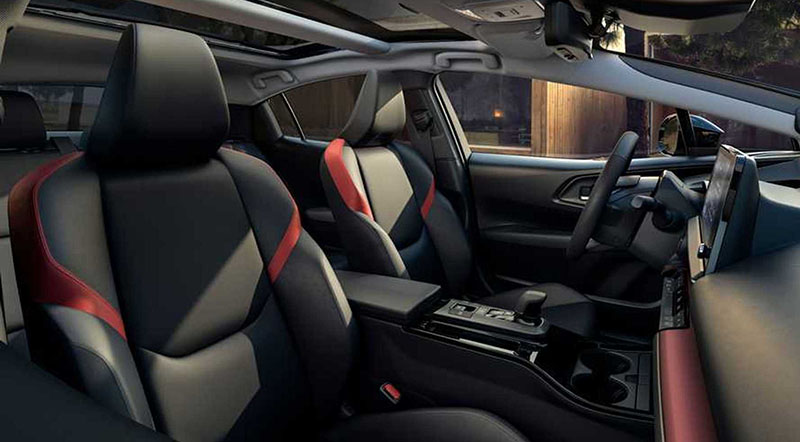Toyota has planned to propel its electrification initiatives to a high velocity, emphasizing its current management policy, which predominantly circles around electric vehicles (EVs). The automobile behemoth is set to inaugurate no less than ten models that will be devoid of any form of combustion engine until 2026, including a prodigious three-row SUV specifically designed for the United States that is scheduled to debut in 2025. In the interim, Toyota has determined that a zero-emission pickup truck and a compact model will be introduced to Asia and emerging markets before the culmination of 2023. However, you may be wondering about the fate of hybrids.
In a recent proclamation, Executive Vice President Hiroki Nakajima revealed that the engineering department is actively engaged in developing the forthcoming iteration of plug-in hybrids. The latest plug-in hybrids will manifest a purely electric range that exceeds the awe-inspiring distance of 124 miles (200 kilometers), a significant and noteworthy upgrade by any measure. Notably, the high-ranking official from Toyota remained reticent regarding the test cycle, whether it was the arduous World Harmonised Light Vehicle Test Procedure (WLTP) or the Environmental Protection Agency (EPA) protocol. However, regardless of the specific testing methodology, the impending plug-in hybrids from Toyota are slated to receive a substantial and pivotal enhancement in terms of their purely electric range.
For reference, the illustrated Prius Prime at hand boasts an anticipated electric range of 44 miles (equivalent to almost 71 kilometers), thanks to its robust 13.6-kWh lithium-ion battery pack. As it stands, the zero-emission range has observed an impressive surge of 76 percent when juxtaposed with the previous-generation model. Nevertheless, it behooves us to note that other Plug-in Hybrid Electric Vehicles (PHEVs) outclass this feat, as the Environmental Protection Agency (EPA) bestowed a rating of 51 miles (82 kilometers) for the Range Rover and the Range Rover Sport, without the slightest tinge of gasoline consumption.

Toyota has announced plans to reposition its latest plug-in hybrid electric vehicle (PHEV) as a “practical battery electric vehicle” (BEV), reflecting the company’s commitment to sustainable and eco-friendly transportation. This move is part of a wider effort to offer a range of electrified powertrains that cater to the diverse needs of consumers while also improving the affordability and quality of its hybrid models.
Meanwhile, Toyota is already working on developing next-generation battery-powered electric vehicles (EVs), which are set to hit the market by 2026. These new models promise to deliver twice the driving range of current models, thanks to advancements in battery technology and other key components.
In the realm of fuel cell technology, Toyota is endeavoring to ramp up mass production of commercial fuel cell electric vehicles (FCEVs). The ultimate aim is to curtail global average carbon dioxide (CO2) emissions by a staggering 33 percent before the denouement of this decade, followed by a further reduction of over 50 percent by the year 2035 vis-a-vis the levels observed in 2019. And ultimately, the pièce de résistance lies in achieving carbon neutrality by 2050.
Source and Images: Motor1
